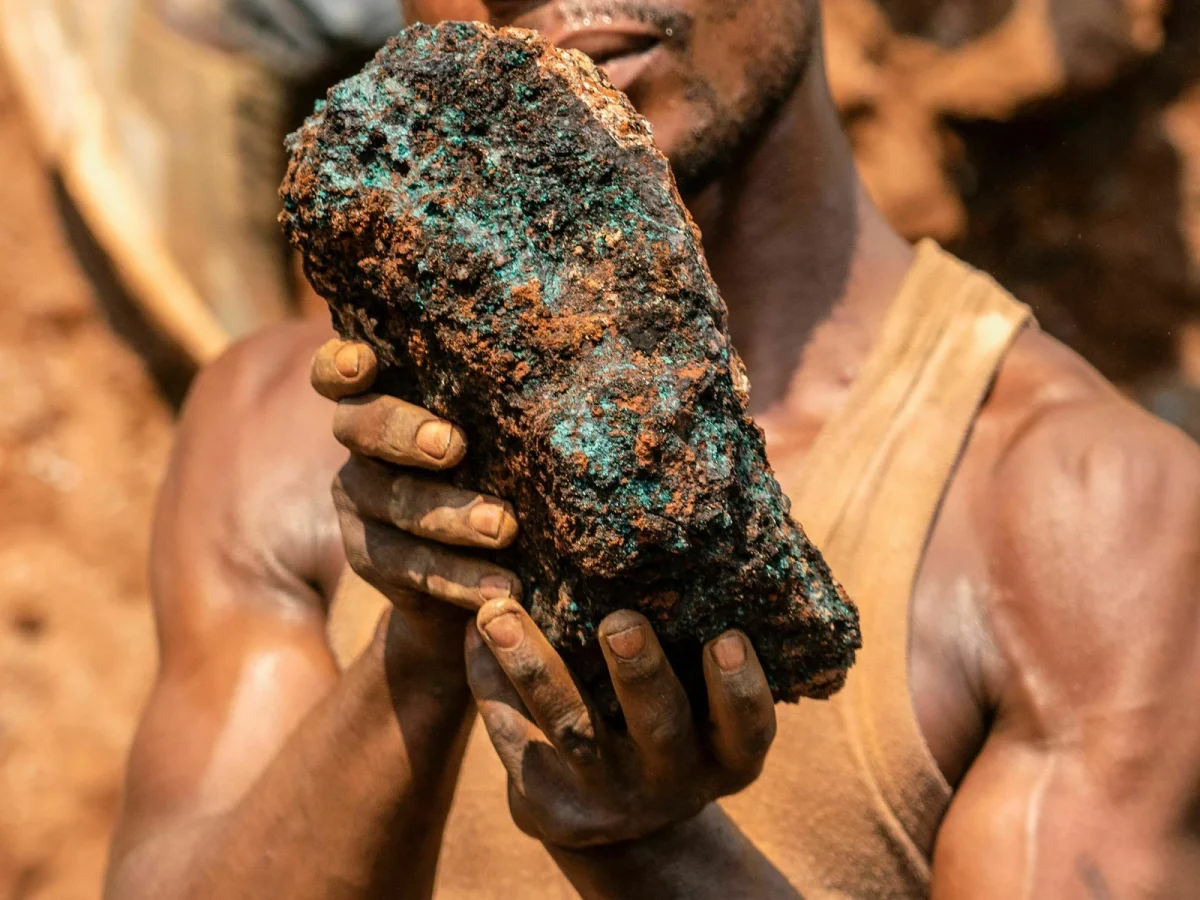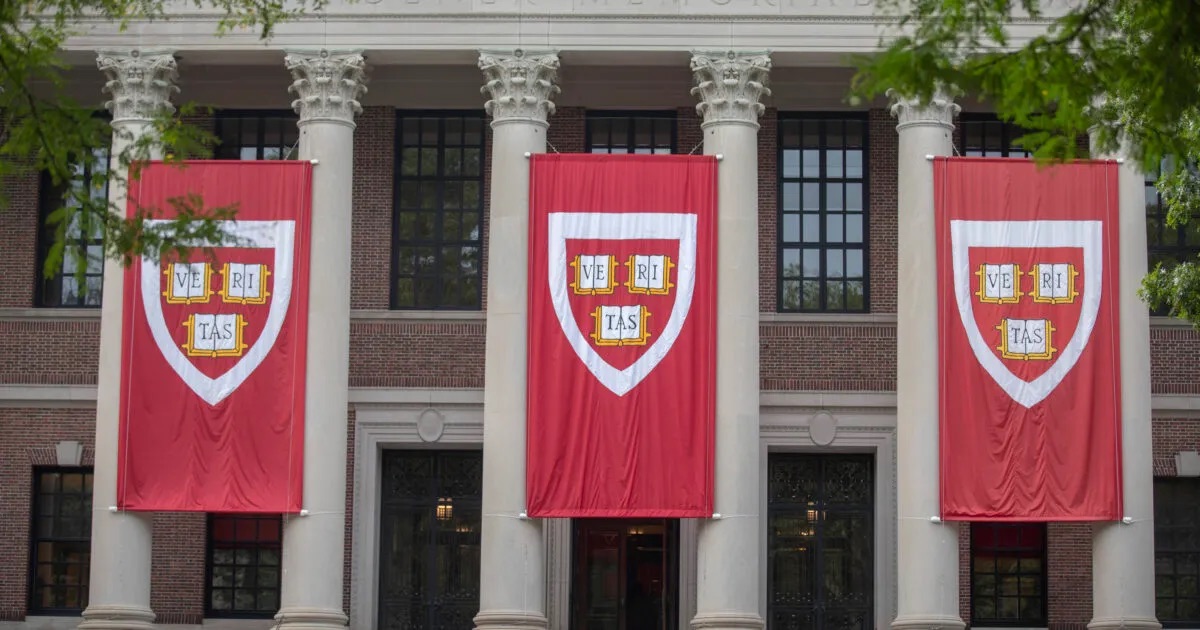As the world rushes to cut carbon emissions and transition towards clean energy, the demand for cobalt—a mineral used in rechargeable lithium ion batteries for powering electric vehicles and electronic devices—has skyrocketed. While this shift to clean energy may seem like a huge step forward, it comes at a steep price: cobalt extraction is linked to worker exploitation, child labor, and safety risks, particularly in the Democratic Republic of the Congo (DRC).
According to the Visual Capitalist, the DRC is home to an estimated 6 million metric tons of cobalt and accounts for over 70% of global production. Around 15-20% of this cobalt is dug up, by hand, by “artisanal” miners working in degrading, subhuman conditions. Artisanal mining refers to small-scale, informal mining that typically relies on basic tools rather than machinery. Miners often work with no protective equipment and are exposed to toxic gases and chemicals for long hours. To access cobalt reserves, Congolese miners hand-dig tunnels as deep as 100 meters, with no supports or ventilation shafts, facing constant risk of mine collapses. During the rainy season, these tunnels flood, often trapping and drowning the miners inside.
For many, artisanal mining is the only available source of income in an employment-constrained economy. Thousands of families have no choice but to work at these mines, searching for traces of cobalt for as little as two dollars a day. Local militia groups abduct and traffic children to work in the mines, using their profits to fund their operations. Human rights-focused NGO Broken Chalk estimates that a total of 255,000 Congolese, including 40,000 children as young as five, are employed in this expanding industry. Many women are forced to prostitute themselves in order to make enough money to survive, contributing to the prevalence of sexual violence against women and girls.
Mining also causes problems for surrounding communities, leading to both environmental degradation and a public health crisis. Chemicals and waste are deposited in nearby rivers and lakes, contaminating local water supplies and leaving residents without access to clean water. Crop yields have also decreased significantly as a result. Communities living near these mines suffer severe health problems including skin disease and respiratory issues. According to The Conversation, children born to parents working in or near these mines are five times more likely to suffer from birth defects.
Recently, child labor and inhumane conditions in the DRC have gained attention on social media, sparking public outrage. Apple, one of the world’s largest tech companies, has faced accusations of sourcing its 3TG minerals (tin, tantalum, tungsten, and gold) from supply chains that involve resources that have been smuggled out of the DRC into Rwanda, where they then infiltrate global supply networks. In a court case filed by former child miners, tech giants Alphabet (Google), Dell, Microsoft, and Tesla, were also accused of benefiting from, and even supporting unethical labor practices in the DRC.
Although the U.S. Court of Appeals for the District of Columbia has refused to hold these companies liable, the question still remains: How much responsibility should major corporations bear for human rights violations in their supply chains? If we are to benefit from this practice, we must first acknowledge the human cost involved.






